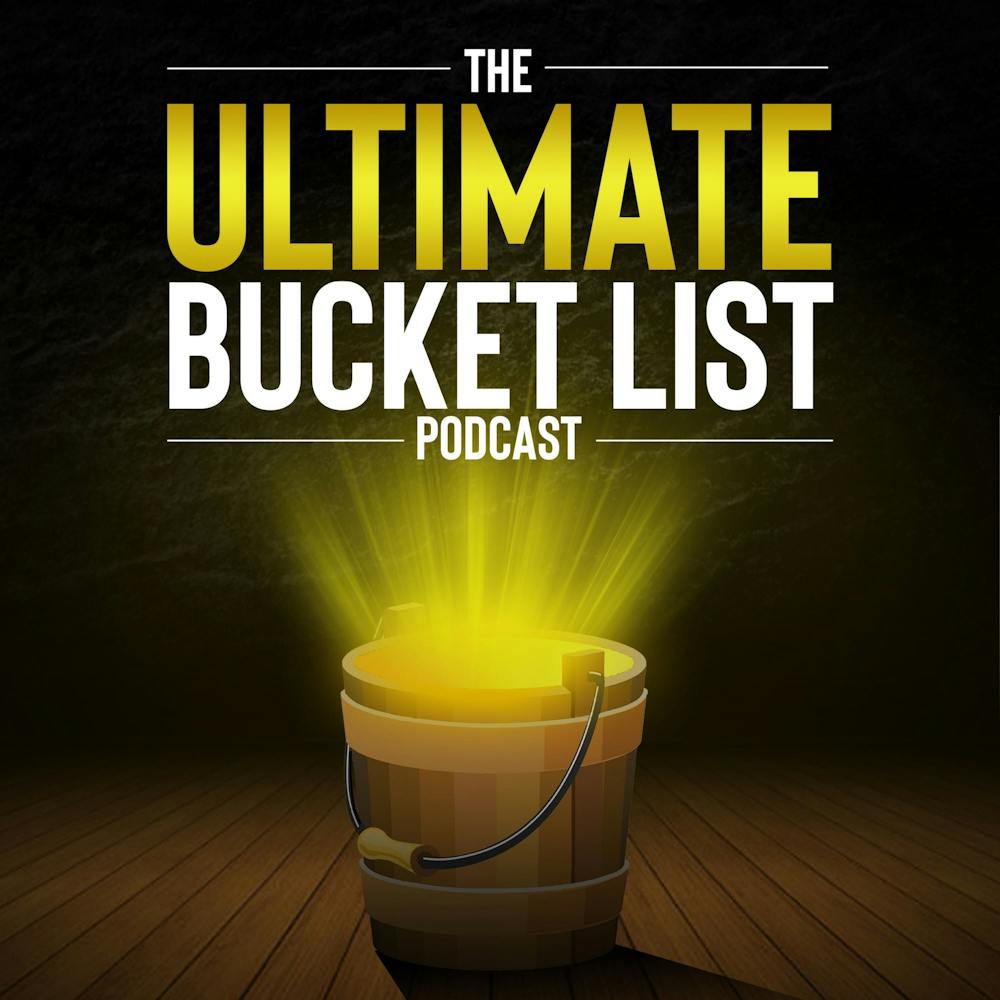COVID-19 has connected millions through shared struggle. Out of this once-in-a-generation challenge, Kamal Patel has found a unique opportunity to meet new people who have compelling stories about how they discovered their passions and started living their best lives.
Every week, Patel, a senior biomedical engineering major, interviews everyone from students and authors to marathon runners and TEDx speakers for his free podcast, “The Ultimate Bucket List Podcast.”
In November 2020, Patel found himself with more free time and decided to pick up a new hobby; his desire to “connect with people in a way that wasn’t like a networking event” inspired him to launch his podcast.
“The goal of the podcast is to have people understand you don’t have to go fly to Europe to have a great life, a meaningful life,” Patel said. “Small goals matter and small achievable goals don’t have to be small if they’re important to you.
“To have more happiness in life, to get more than just your nine-to-five, it’s important to have goals and try something new. It could be something as simple as trying out a pottery class or something fun like watching all the worst rated movies on Rotten Tomatoes.”
He says there are many small ways people can add meaning and satisfaction to their everyday experience.
Patel says his background as the son of immigrants has given him perspective on achieving his goals.
“If you don’t live the life you’re proud of, you do your immigrant family a disservice,” Patel said. “You know they’re not working 100 hours a week for themselves.”
As people spend more time on social media, Patel says it is easier for them to compare themselves to others, and that this experience follows them until the moment they go to bed at night.
“If someone invites you to go see a movie and you have to say no because you can’t afford the ticket price, that really sucks,” Patel said. “But then, imagine that experience just 24/7 because it is always there on social media.”
Patel, a digital artist, student and entrepreneur, uses his podcast to step out of his usual routine and “have time to self-reflect.” He encourages listeners to reach out with stories or suggestions.
The process of recording, editing, uploading and quality control “really ingrains in your head how the other person thinks and that can affect you as well,” Patel said. “It can be a kind of therapy.”
Danielle Simmons, a junior environmental studies major, appeared on the 11th episode, entitled “Taking A Risk on Something New,” in February. Simmons spoke about switching majors to something she is passionate about.
“It was interesting to just share my story because to me it’s not very interesting, it’s my day-to-day,” Simmons said. “To other people, who don’t know what they are interested in or are looking for inspiration, it might be helpful to see a day in someone else’s life.”
The nature of the pandemic has ushered in a new era for podcasts, which have been an attractive method for students and content creators alike to meet new friends, learn about other perspectives and share enlightening conversations with people on the internet.
“Especially since we can’t have conversations organically in person anymore, it’s nice to reach out to someone, learn a little bit about them and communicate that way,” Simmons said.
For Patel, the podcast is an opportunity for learning and growth. It’s free to listen to and doesn’t include advertisements, so he uses it as another way to “own” his time.
“Owning your time and doing what you want with it is important,” Patel says. “Don’t live to impress people you don’t really care about. Do things very intentionally and do things that make sense for you … if you live beyond your means, you’re going to spend a lot of time paying off the things you can’t afford and then you just don’t own your time.”
Jack Porcari is an assistant features editor and can be reached at jack.porcari@ubspectrum.com

Jack Porcari is a senior news/features editor at The Spectrum. He is a political science major with a minor in journalism. Aside from writing and editing, he enjoys playing piano, flow arts, reptiles and activism.





